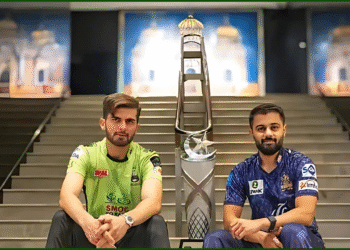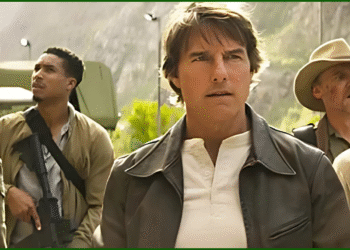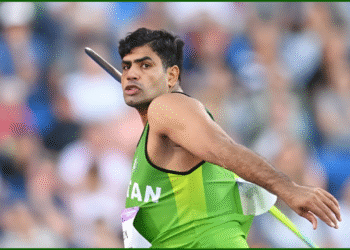Violent clashes erupted in Nagpur on Monday night, March 17, leaving the city reeling from chaos and prompting a swift imposition of curfew. The unrest, which injured 33 police personnel, has been tied to escalating tensions over the tomb of Mughal emperor Aurangzeb, with Maharashtra Chief Minister Devendra Fadnavis pointing to the recently released film Chhaava, starring Vicky Kaushal, as a potential catalyst for the public outrage.
The riots began following protests led by members of the Vishwa Hindu Parishad (VHP) and Bajrang Dal, who gathered near a statue of Chhatrapati Shivaji Maharaj to demand the removal of Aurangzeb’s tomb, located in nearby Khuldabad. The situation spiraled out of control after rumors spread that an Islamic religious book had been desecrated during the demonstration. A separate gathering in the Bhaldarpura area further intensified the conflict, leading to widespread violence that saw police deploy tear gas to disperse the crowds.
In a surprising twist, CM Fadnavis suggested that Chhaava, a historical drama depicting the life of Chhatrapati Sambhaji Maharaj, may have played a role in stoking public anger. “The movie has ignited people’s anger against Aurangzeb, but Maharashtra must remain peaceful,” Fadnavis said during a press address on Tuesday. He described the violence as “premeditated” and vowed strict action against those responsible for the attacks on law enforcement.
Chhaava, directed by Laxman Utekar and released earlier this month, has been both praised and criticized for its portrayal of Aurangzeb as a ruthless antagonist. The film, which chronicles Sambhaji’s resistance against Mughal rule, has been accused by some of distorting historical facts and fueling communal tensions. Critics argue that its depiction of Hindu suffering under Aurangzeb’s reign has sparked online hate against Muslims, while supporters maintain it reflects a historically rooted narrative of resistance.
The connection between the film and the Nagpur riots remains a subject of heated debate. While some, including Fadnavis, see it as a spark that inflamed long-standing grievances, others argue the violence stems from deeper communal fault lines, with the movie serving as a convenient scapegoat. Posts on X reflect a divided sentiment: some users blame the film for amplifying anti-Aurangzeb fervor, while others insist the protests and subsequent riots were driven by pre-existing tensions and orchestrated actions, not Vicky Kaushal’s performance.
Local authorities have responded swiftly to restore order. A curfew was imposed across Nagpur late Monday, and additional police forces have been deployed to prevent further unrest. “We are investigating the root causes and will ensure justice is served,” a senior police official stated, declining to comment further on the film’s alleged role.
The controversy has thrust Chhaava into an unexpected spotlight. Vicky Kaushal, who has not yet publicly addressed the riots, finds himself at the center of a storm far removed from the film’s cinematic ambitions. Meanwhile, calls for peace have emerged from across the political spectrum, with leaders urging citizens to refrain from violence and focus on unity.
As Nagpur grapples with the aftermath, the incident raises broader questions about the intersection of art, history, and public sentiment in a polarized society. Whether Chhaava truly ignited the unrest or merely fanned the flames of an already smoldering divide, its legacy may now extend beyond the screen into the streets of Maharashtra.


















































